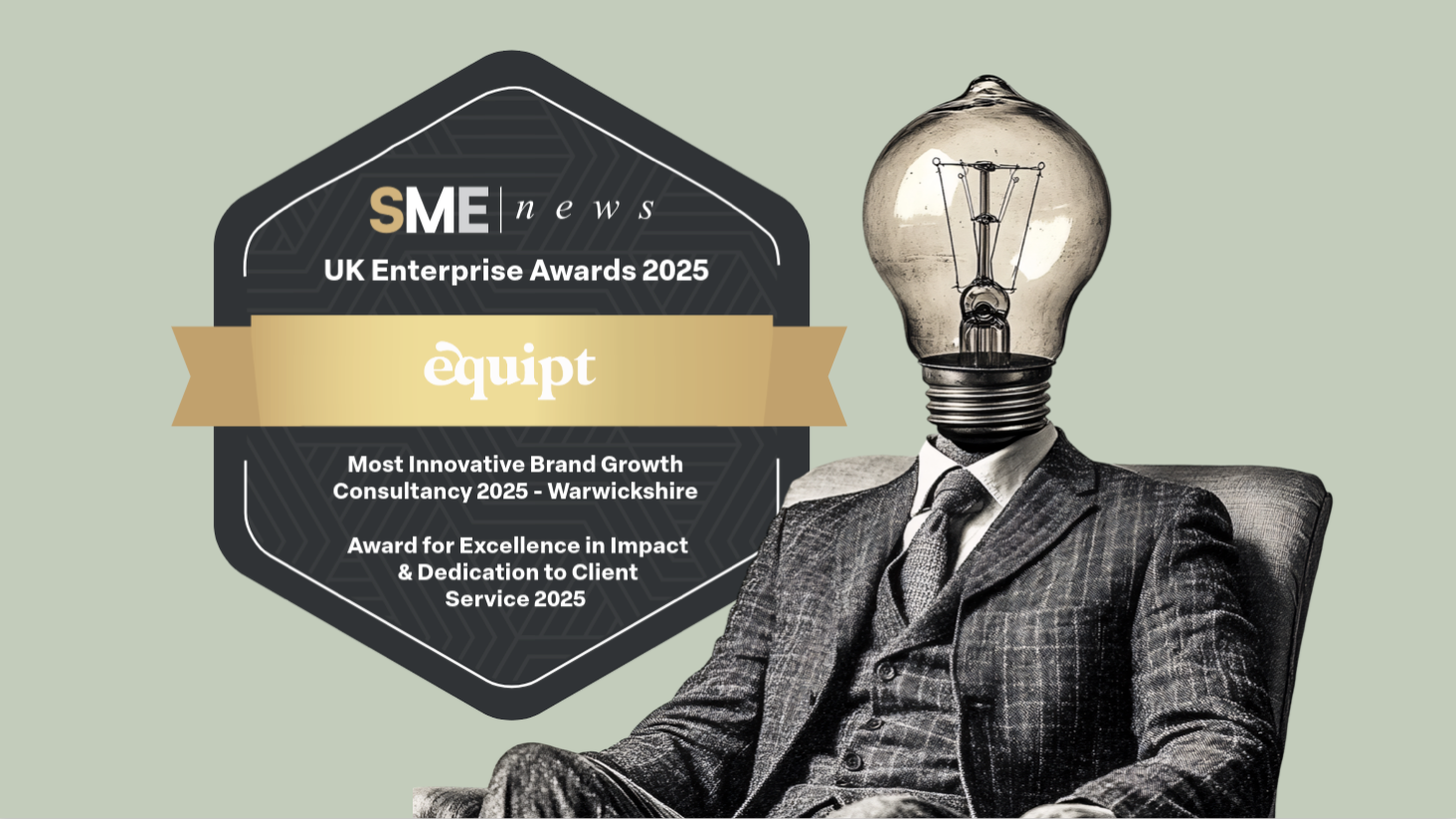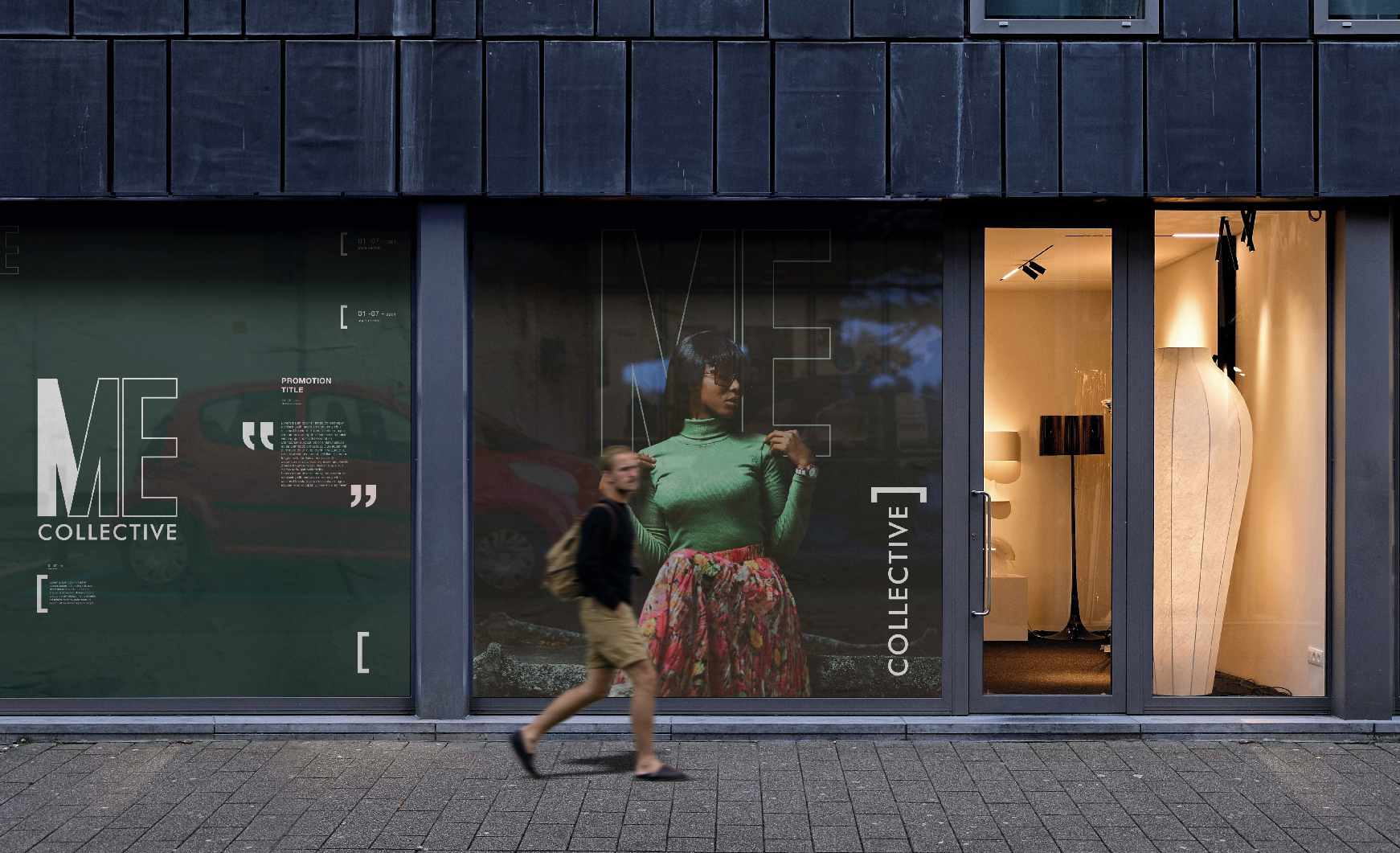By Nikki Neale
•
July 9, 2025
Most writing about client service follows the same well-trodden path: say yes more. Smile more. Show up and serve. Think Nordstrom, Ritz-Carlton, or any other brand that made its name on “the customer is always right.” And while that works beautifully in retail or hospitality, in a strategic consultancy or marketing agency, it’s completely the wrong model. The best client service doesn’t come from being agreeable. It comes from being useful, honest, commercially aware, sometimes awkward and a little bit brave. SME News just named us Most Innovative Brand Growth Consultancy and gave us an Excellence in Client Impact & Service award, and it’s not because we do whatever we’re asked. It’s because we always try to give the best advice, even when it’s uncomfortable. In honour of our win and for anyone working in or looking for a crack client services team, here’s what we think great client service is really about. Clarity, Not Pleasing Clients don’t need us to agree with them. They need us to make things clear. Clarity is one of the most underrated skills in client service. It means being able to say: here’s what’s in scope, here’s what’s not, here’s what will move the dial, here’s what’s just noise. But to do that well, you need real marketing knowledge and that’s something not every client services person starts with. If you didn’t come from a marketing background or have formal training, it’s on you to learn. Read. Ask questions. Understand the why behind the work. Because without that strategic depth, you risk becoming a project manager, just delivering what the client asked for, rather than what they really need. And right now, that’s a dangerous place to sit. If you’re only executing instructions, AI can do that faster and cheaper. Your value comes from seeing what’s not being said. Reading between the lines. Knowing the market context. Spotting the bigger picture. That’s what clients will pay for and what will set you apart. A brilliant client service lead sets the pace, defines the shape of the work, and keeps everyone pointed in the same direction especially when things get busy or messy! Challenge with Care Good client service means being able to say, “That’s not right.” Internally and externally. Because if we don’t challenge the work, the strategy, or the thinking – who will? Inside the team, that challenge needs to come from a solid place. Not just “the client won’t like blue,” but grounded commercial thinking. If there’s no strong reason to push back, then creative and strategy teams deserve the freedom to be bold and radical. Externally, it’s about equipping the client to be brave, with proof points, with clarity, with the kind of rationale they can use to fight for great work inside their organisation. This is where Radical Candour comes in: care personally, challenge directly. You challenge because you’re invested, because you care enough to stop something going out into the world that isn’t good enough. Junior team members often worry that challenging might upset someone, but real client partnership is about honesty, not harmony. Creative work is a classic example. A client likes two ideas, asks to blend them, and the result is a compromise that feels inoffensive – and completely forgettable. It’s our job to ask the uncomfortable question: “Does this make anyone feel anything?” If it doesn’t, then it’s not doing its job. The role of client service isn’t to protect the relationship at all costs, it’s to protect the impact of the work. When we avoid challenge, we don’t just risk bland output, we also waste time, money, and momentum. Clear, brave, respectful challenge is part of what builds trust. And without it, the work – and the relationship – suffers. Commercial Awareness We’re here to create impact – not just output. For years, agencies have run on time and materials – a model that’s increasingly hard to defend. Not just because it’s clunky or hard to forecast, but because it’s reductive. If someone with 27 years of experience can crack something in a few hours, is that worth less than someone who takes three days? Of course not. But time-based pricing suggests it is. And that’s dangerous – because it erodes the value of experience, judgement, and the very thing clients come to us for. Add to that the fact that most people genuinely don’t know how long things take – a known issue in behavioural science, where planning fallacy and optimism bias skew how we scope, quote, and plan work. And now we’re in a world where systems can do things faster, briefs are changing mid-flight, and the “just get it done” mindset puts pressure on people, not quality. If we don’t reframe how we talk about value, we’ll end up getting cheaper – not better. Commercially aware client service isn’t about becoming salespeople. It’s about getting braver at talking about value. Because yes, clients might say something’s “expensive” – but ask whether it’s worth it, and you’ll often get a different answer. When you can explain why something matters, where it moves the needle, and how it creates return – that’s when trust deepens, budgets unlock, and relationships shift from transactional to strategic. And in marketing especially, this matters more than ever. Because everyone thinks they’ve got a good eye or can use a Canva template, but brand, positioning, strategy and creative direction are serious commercial tools. And when we don’t treat them that way, we end up underpriced, undervalued, and under pressure.








